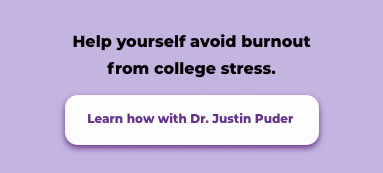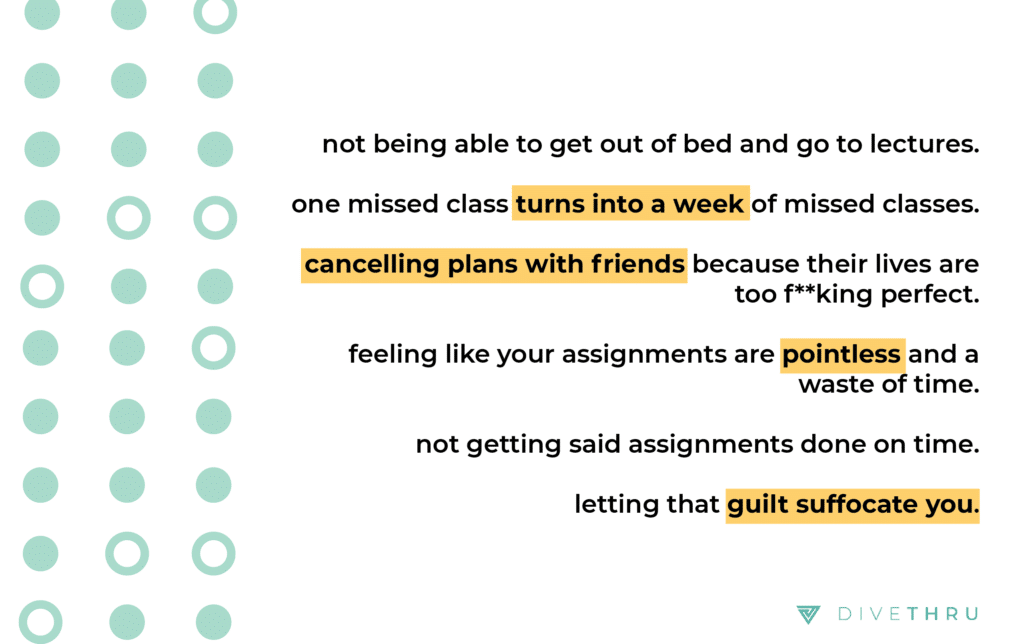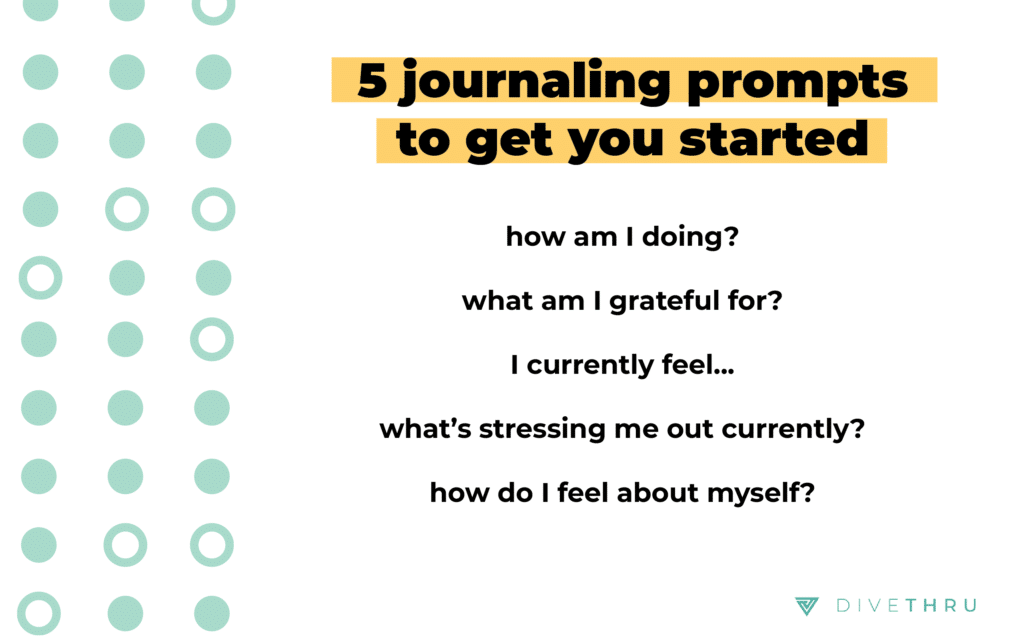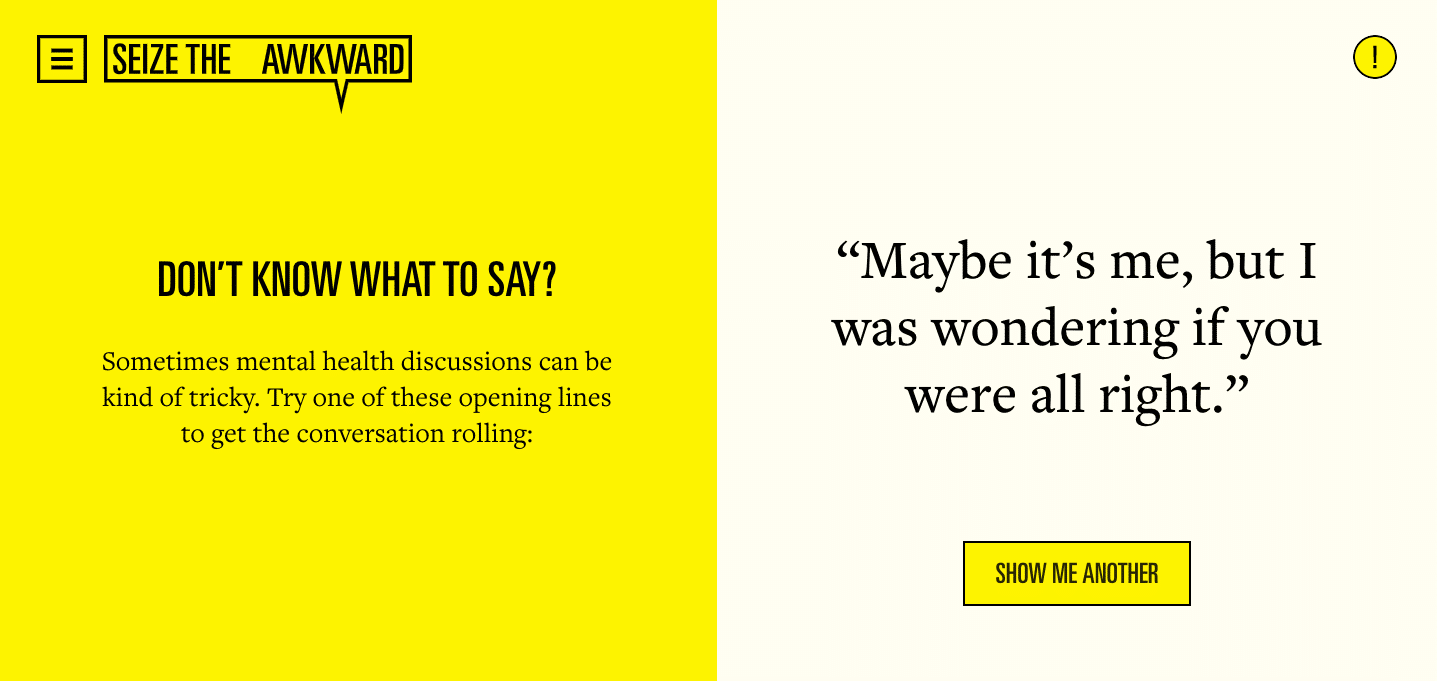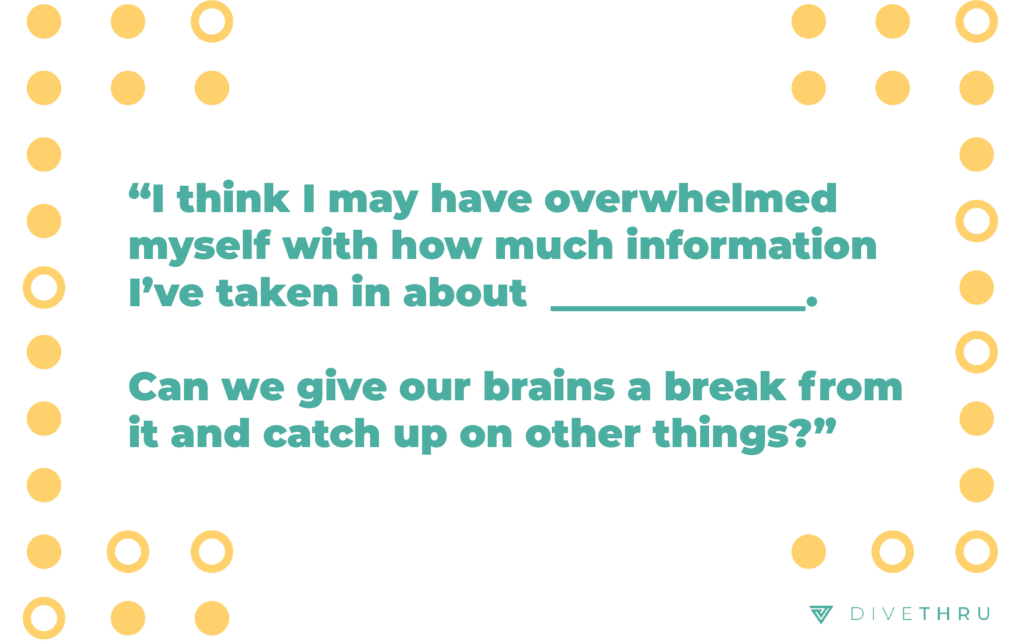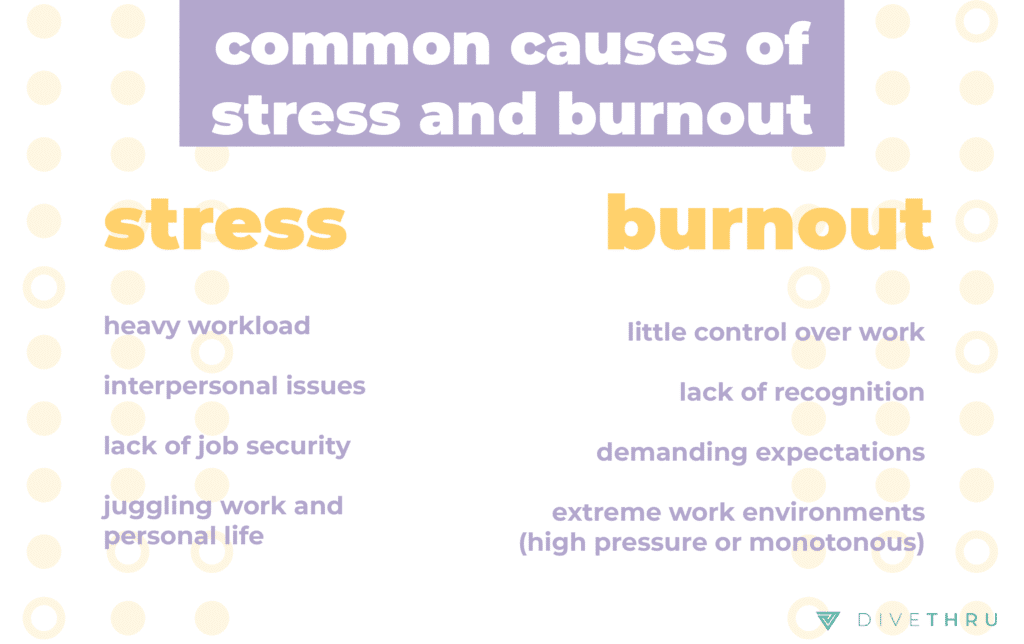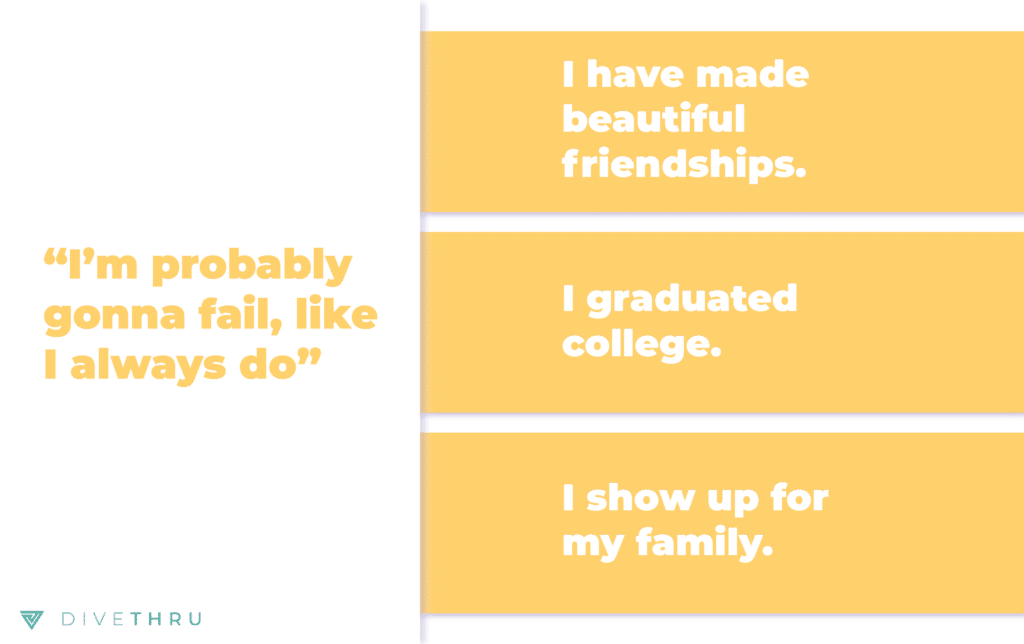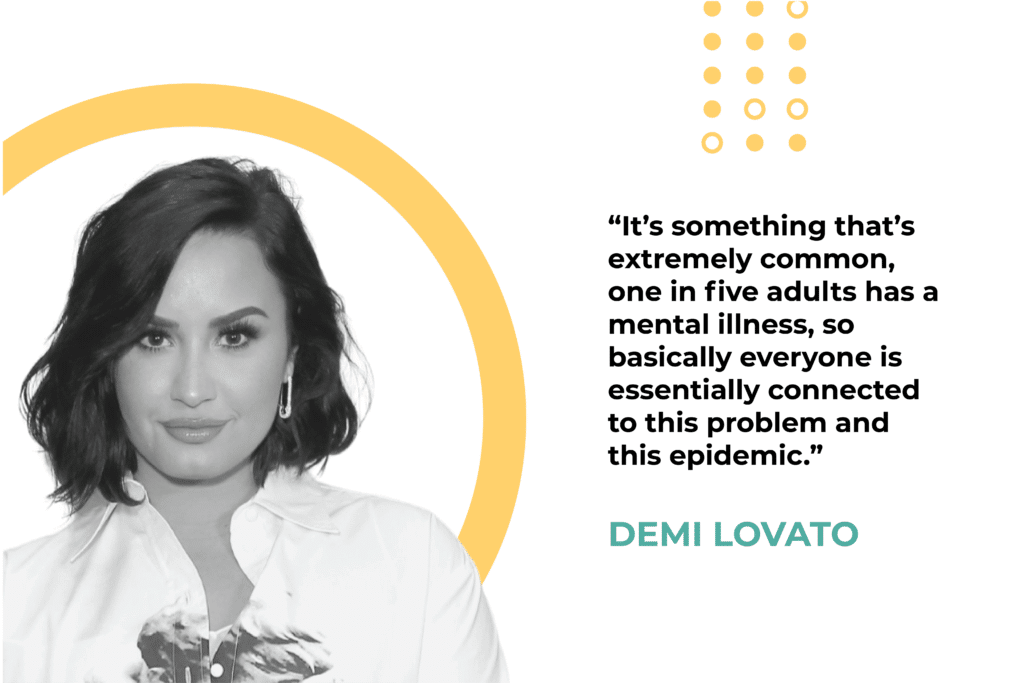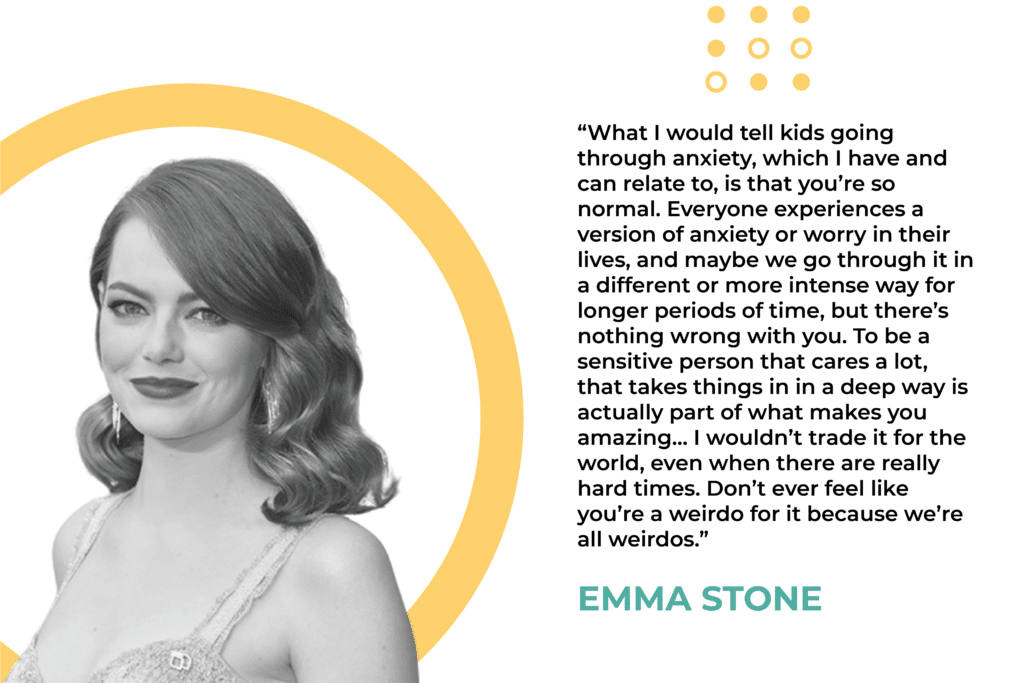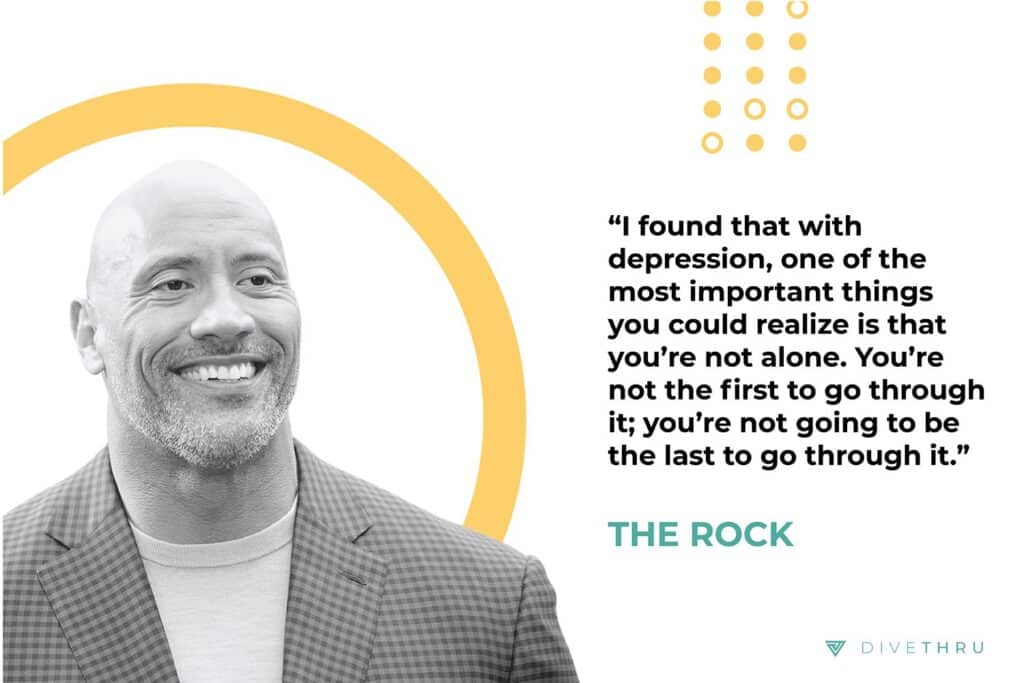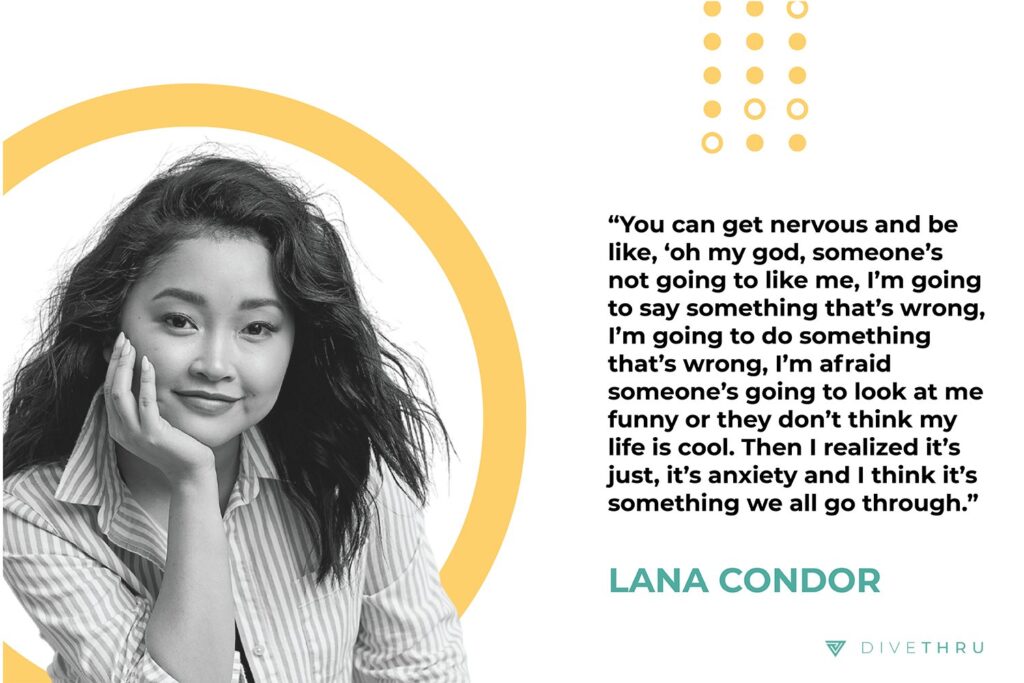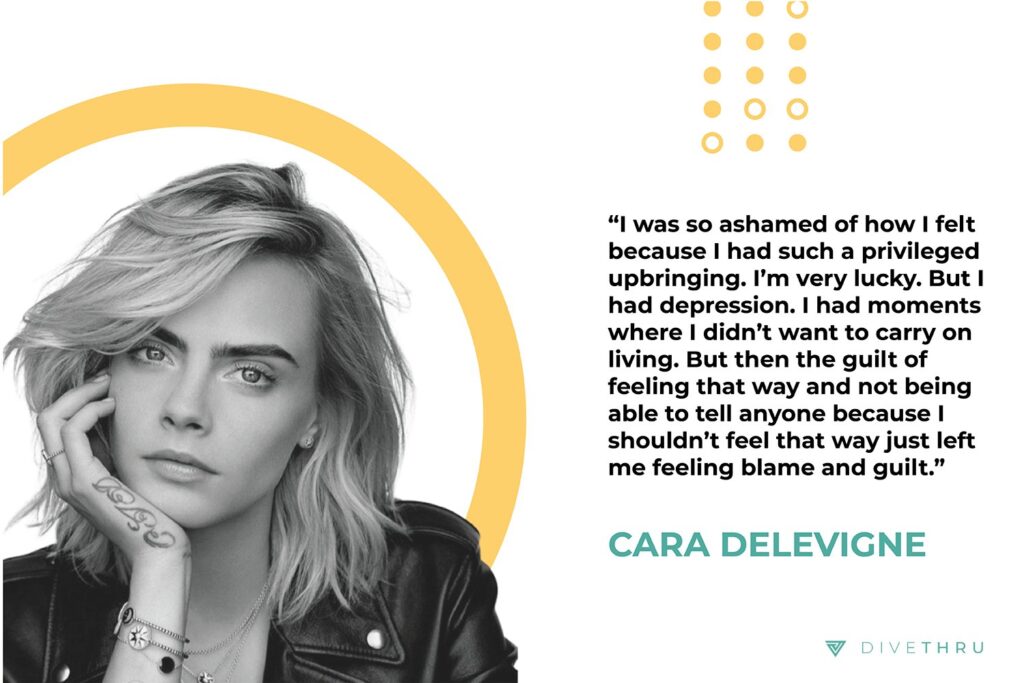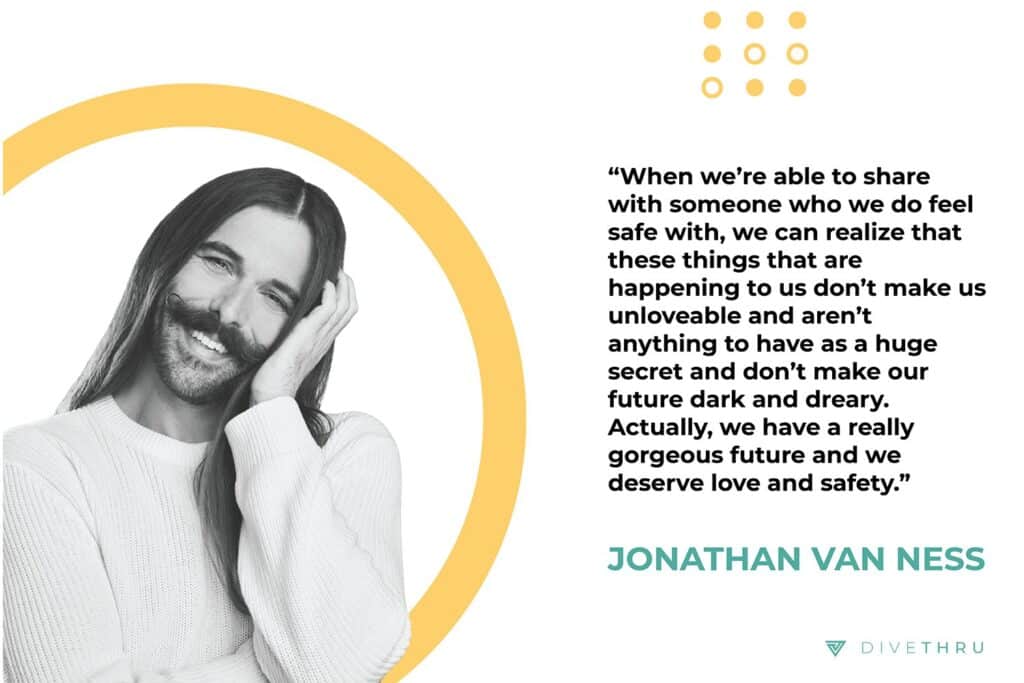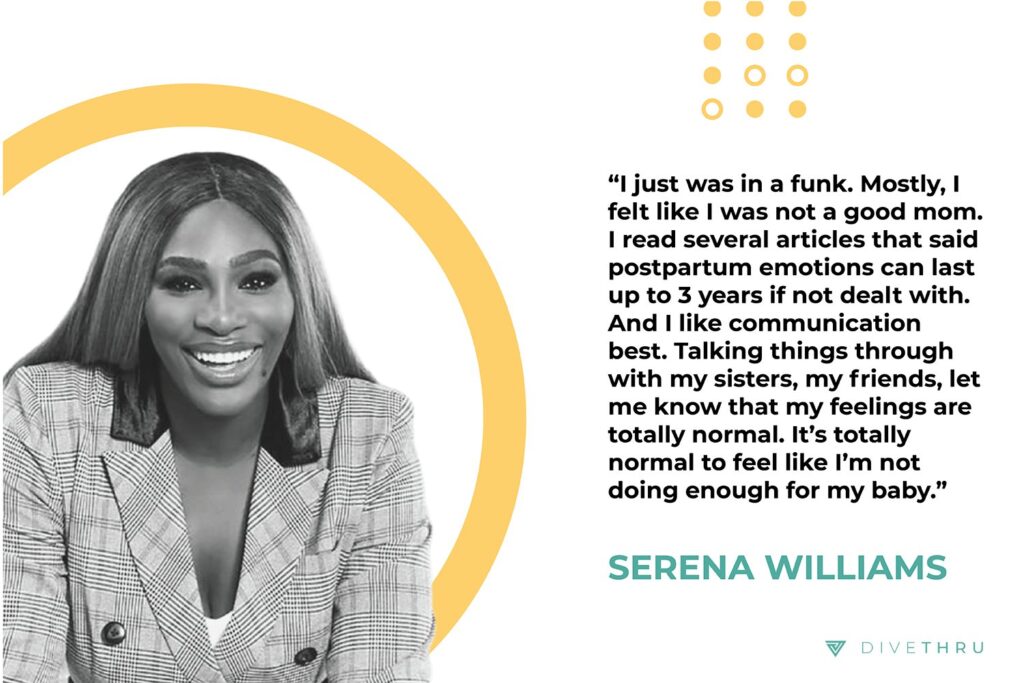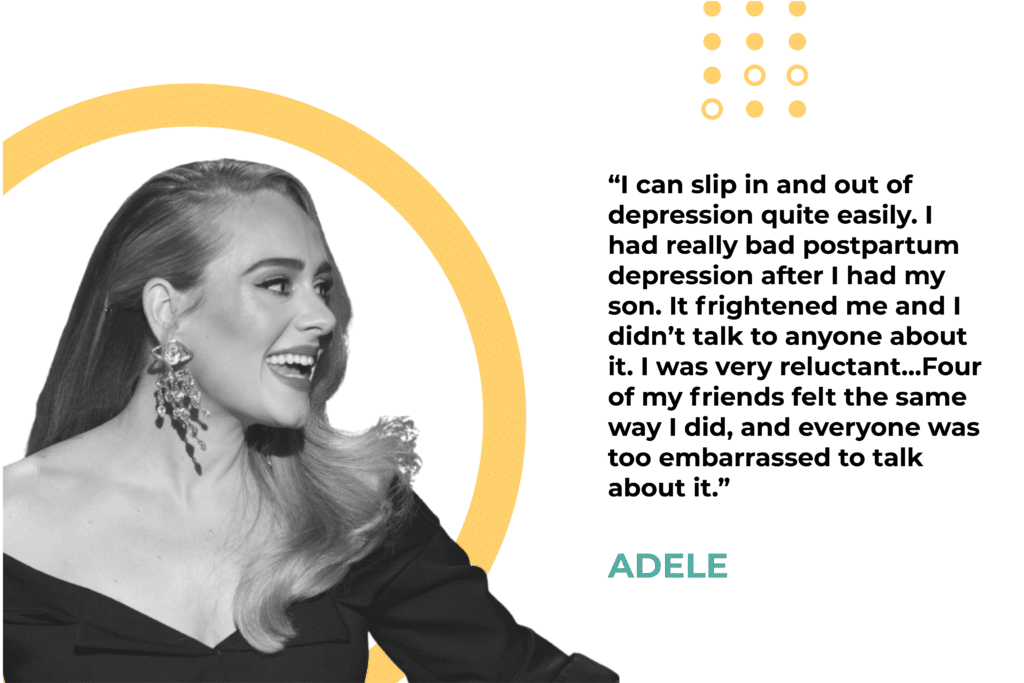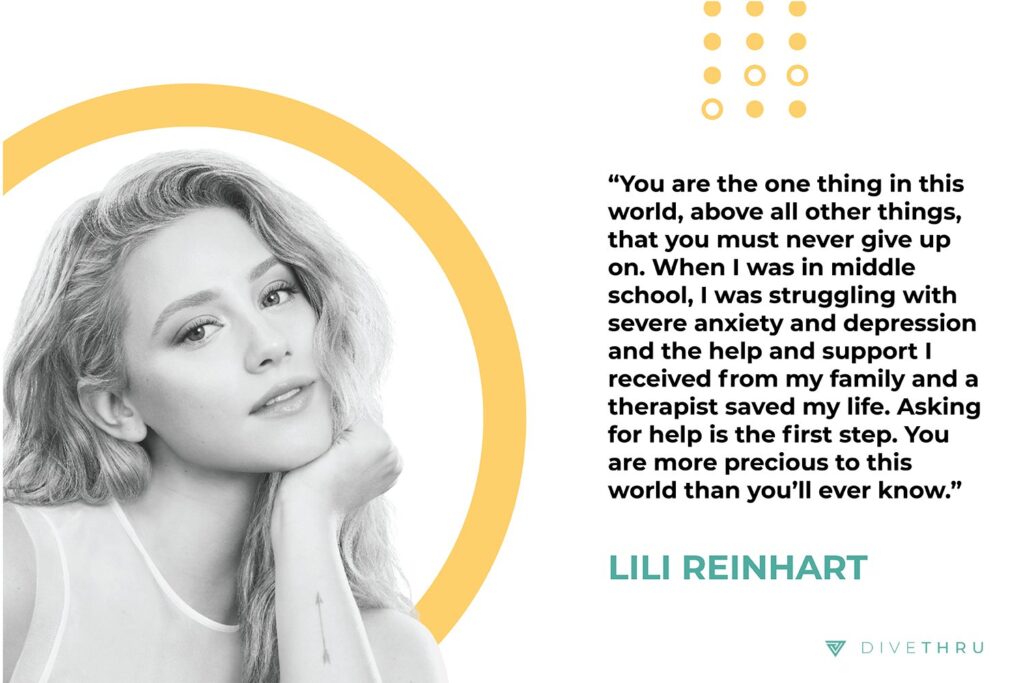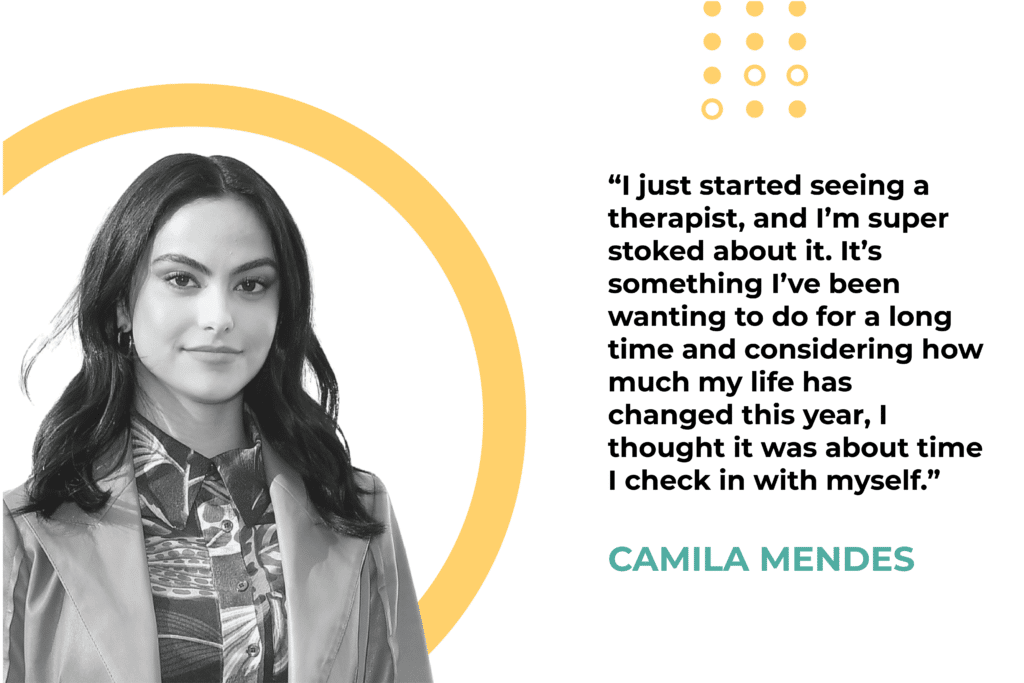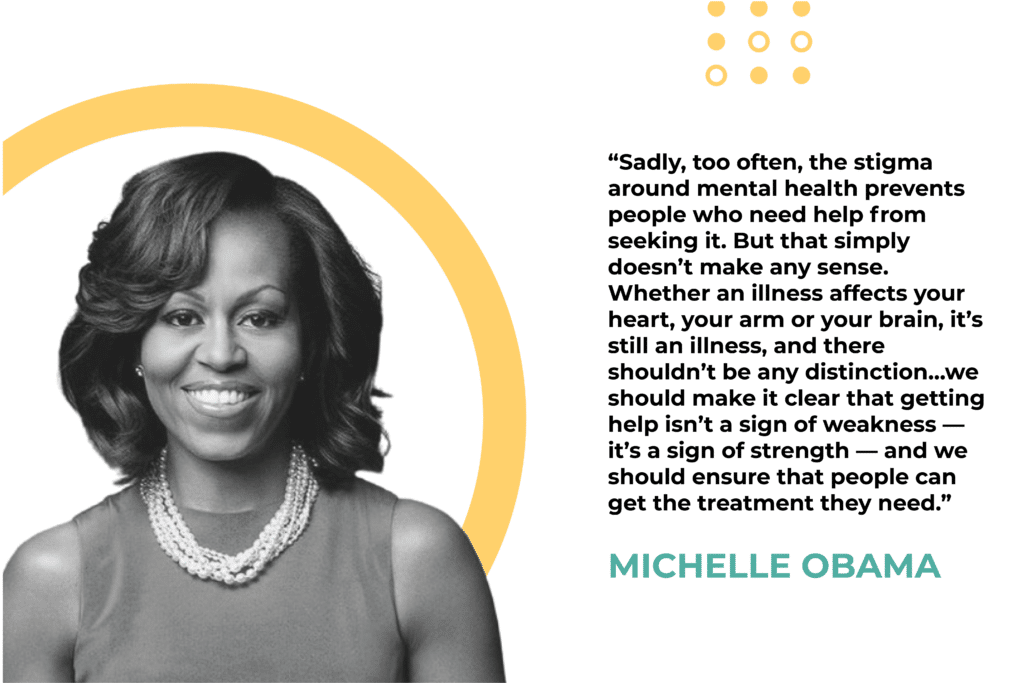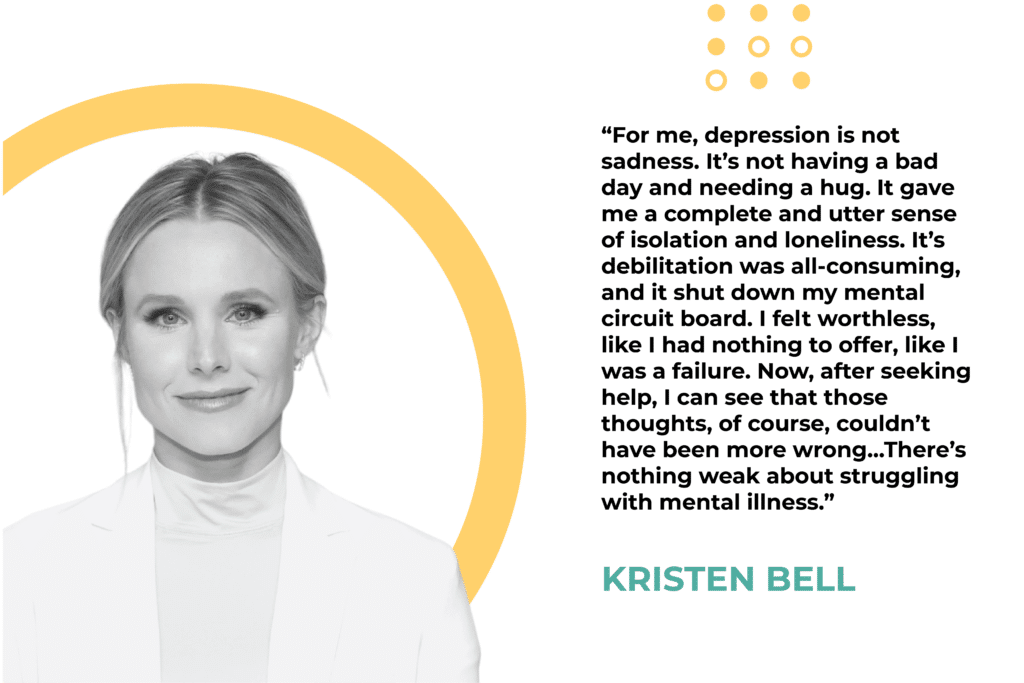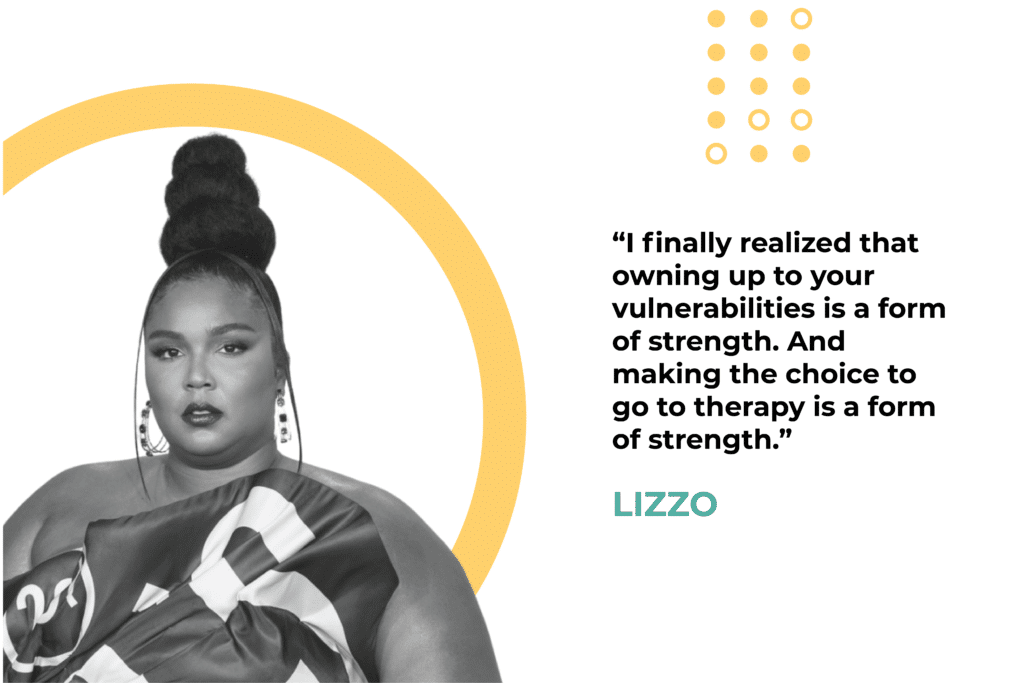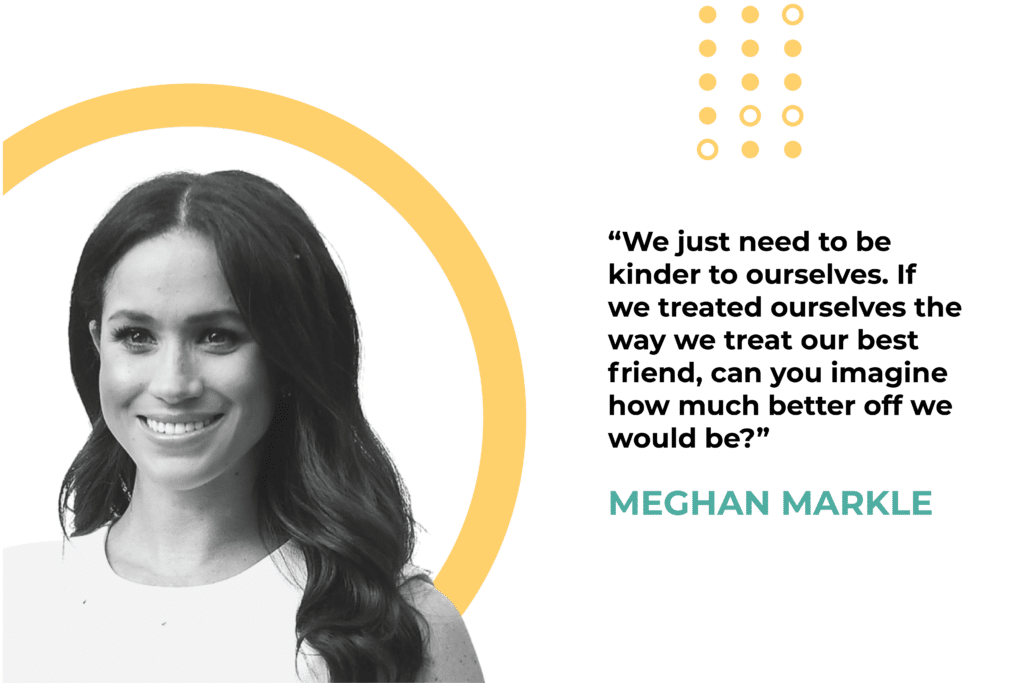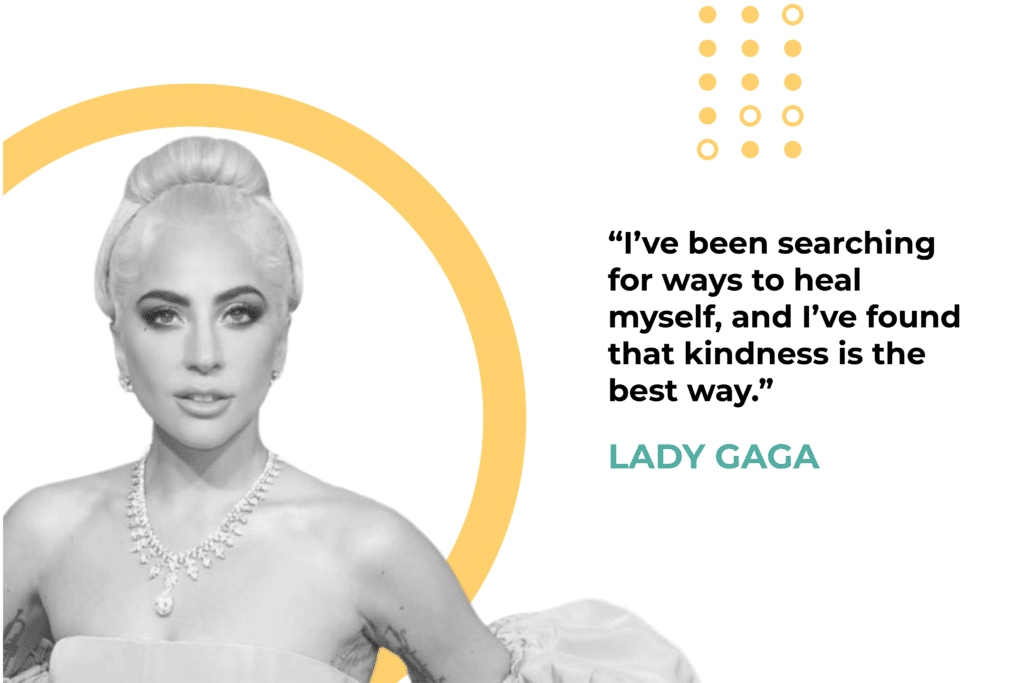There are so many challenges college students face. On any given day in a semester, your stress level could range from “ahh shit I forgot to print off my notes” to full-blown academic burnout where nothing even matters and you just want to sleep.
You might have arrived here because you were messin’ around and googling student mental health. There’s a good chance that you’re trying to figure out your feelings, thoughts, emotions, and mental state right now. Maybe even wondering if the thing you’re going through is normal and if there’s a name for it?
Maybe you just screamed into the void of the internet — WHY IS COLLEGE SO STRESSFUL??
Or maybe you’re only reading this because you want to support a friend or a loved one dealing with college stress and feeling overwhelmed by academic burnout. If you’re a parent, you want to understand what mental health means for your child because, well, the college experience these days is different.
You may hear us speaking directly to students but this article is really for everyone. We’ll DiveThru the most common mental health challenges that college students face, follow that up with ways to take charge of your mental wellbeing and finish off with things you can do to support your friends and family.
Let’s begin with this:
Everything you’re feeling is valid. If you think you’re alone in these feelings, we’re here to tell you that’s not the case.
Let’s take a moment here to let that really sink in…
Whatever you’re feeling is valid. And, you’re not alone in whatever you’re feeling. And while that’s the case, it unfortunately only makes it suck a little bit less. So, let’s dive in.
Most Common Mental Health Challenges College Students Face
For some students, mental health doesn’t become a concern until they step foot on campus and begin this new stage of life. For all of the wonderful experiences university offers, it also comes with many challenges… like feeling stressed and experiencing academic burnout.
Other students may be very aware of their mental health, having already faced challenges in the past and taken charge of their mental wellbeing. They’ve learned how to recognize symptoms, how to reach out for help and where to find support.
Regardless of how you got to uni, you may soon find out that mental illness doesn’t discriminate. Let’s go through the most common mental health challenges you or your friends may face and learn what to look for.
Depression in College Students
Depression wears many faces and can be difficult to diagnose because it’s a complex and unique combination of genetic, biological, psychological and environmental factors. Here’s what the Canadian Mental Health Association (CMHA) has to say about this mood disorder:
“With depression, you may feel ‘down,’ hopeless, or find that you can’t enjoy things you used to like. Many people who experience depression feel irritable or angry. And some people say that they feel ‘numb’ all the time.”
While everyone may go through these feelings at one point, it’s crucial to pay attention to how often it happens and for how long. It’s also important to think about how severe or extreme these feelings become.
What does depression look like for college students?
We could add more to the list, honestly. How about feeling angry and trapped by your student debt while the economy continues to go downhill and present you with fewer and fewer opportunities?
Or how about not having the energy to keep up with relationships or solve conflicts?
It’s true that depression shows up differently for everyone so remember this list is not exhaustive.
Anxiety in College Students
Anxiety is one of those things that makes you human. We all experience anxiety when we worry or feel nervous (or restless or scared). At a normal and expected level, anxiety impacts your life by motivating you, pushing you out of your comfort zone, or even making you aware of dangers.
But, there is a difference between this type of anxiety and generalized anxiety disorder, which can seriously impact the way you think and live. Take a look at the Canadian Mental Health Association as they go into more details of various anxiety disorders.
Where to even begin with anxiety from school…? Because of the stigma still surrounding mental health, students who deal with anxiety disorders sometimes suffer in silence. If you feel like you could use a little extra help, Dr. Justin Puder has some great advice in his course “Thriving With Generalized Anxiety Disorder (GAD)” in the DiveThru app.
Academic Burnout in College Students
Have you ever been stressed out about being stressed out? When stress keeps piling up, it can push people into a state of chronic stress called burnout. Unfortunately for everyone involved, academic burnout is waaaaay less fun than Burnout (the racing video games). Your stress baseline gets skewed irl, and stress becomes the rule, not the exception.
Here are just a couple of the symptoms of academic burnout:
- Feeling fatigued or exhausted
- Concentration issues
- A lack of interest in being social
- Getting lower grades than normal
- Procrastinating and having trouble meeting deadlines
- Feeling frustrated or irritable
- Losing interest in activities you once enjoyed
- Getting sick more often than usual
Burnout is tough because while it’s ultimately a symptom of stress and not the initial cause of stress… it causes its own stress… making you feel like you’re trapped in a spiral. Stress is a natural part of life, and that makes breaking out of the cycle of stress even harder. Dr. Puder’s course “Navigating Stress & Burnout in College” in the DiveThru app has some helpful advice for college students to work through their academic burnout. If you could use a little guidance, he’s your guy!
Eating Disorders in College Students
Eating disorders are about so much more than food. According to the CMHA, eating disorders “are often a way to cope with difficult problems or regain a sense of control. They are complicated illnesses that affect a person’s sense of identity, worth, and self-esteem.” The three different types are anorexia nervosa, bulimia nervosa, and binge-eating disorder.
While for some it can be an issue surrounding body image, for others it may be perfectionism, self-esteem or a combination of factors. Social standards dictate ridiculous ideas of body image and it’s hard not to react to these standards that permeate every form of media.
Postsecondary students face these challenges on top of other major life changes, like living on their own. The “freshman 15” is treated like a funny joke and gets thrown around like a rite of passage. Yet, our internalized fatphobia leaves us feeling ashamed and defeated. When in reality, weight gain of any type (including as a result of managing a full course load and adapting to a new lifestyle) is totally okay and a normal part of life.
For some students, controlling one’s body helps to counter the many changes happening elsewhere in their lives. When students start to feel this way, they spend more and more time on their body image and less on schoolwork, relationships, or extracurriculars.
Peer Comparison and Imposter Syndrome in College Students
Another form of self-doubt, imposter syndrome refers to the way people “attribute their accomplishments to luck rather than to ability, and fear that others will eventually unmask them as a fraud” (American Psychological Association).
You could ace a test and still believe that you don’t actually have what it takes. Imposter syndrome can be accompanied by guilt, anxiety, and depression, so it’s super important to address it.
Peer comparison in postsecondary can be unnerving. The bell curve inspires gnarly competition, there is only a limited number of jobs when you graduate, and everyone seems to have it all together except you. Sound familiar?
University students are in a developmental phase that creates so much uncertainty and ambiguity. You’re not quite ready to hit an industry but at the same time, you’ve also grown a lot since getting to uni. To orient yourself, you need a relative point and so you turn to your peer students to see what direction they’re going in. Before you get too far down the path of comparing yourself to others, just remember that everyone has a different learning pace and learning style. What’s right for your friend may not be right for you.
Students With ADHD
Turning to the CMHA once more, we get a good understanding of how attention-deficit/hyperactivity disorder can affect someone’s ability to focus and act.
“If you live with ADHD, you might have problems paying attention, concentrating on one task or organizing things. You might make careless mistakes at work or frequently forget things. This group of symptoms is called inattention.
You might have a hard time sitting still, fidget all the time or feel very restless. This group of symptoms is called hyperactivity.
Or you might have a hard time controlling urges and take a lot of risks. You might do things without considering the results or act before you think. This group of symptoms is called impulsivity.”
It’s common for school-aged children to be diagnosed with ADHD but according to the Canadian Mental Health Association, two-thirds of them continue to experience symptoms as adults. Once you enter the postsecondary world and have to navigate more stressors, students with ADHD should set up extra support as recommended by the Centre for ADHD Awareness Canada.
Substance Use and Addictions in College Students
Although university students are in a life stage where experimentation is welcomed and revered, things like substance use can become a real problem in the future. Without delving too much into individual choices, we would just like to point out that substance use can exacerbate mental illnesses or symptoms and vice versa. The Canadian Mental Health Association dives further into it here.
No one sets out to overindulge in substances to the point of creating an addiction. But it happens. As the Addiction Centre points out, tolerance built up over time can require larger and larger amounts of a substance and become a dangerous cycle.
For college students, it can start off as curiosity, or peer pressure, or a way to relieve stress. Financial pressure, emotional strain from unhealthy relationships, and family expectations are all stressors that students might be tempted to alleviate.
5 Actionable Tips for College Students To Self-Support
Okay, we hope we haven’t lost you. We’ve painted a picture with real-world examples of what mental health challenges look like for students. And, if it seems bleak, that’s because it can be.
But, we can change that!
There are things within your reach that may help you through this tough time.
Keep in mind that speaking to a mental health professional directly is the best course of action. A doctor will be able to guide you to your best treatment, whether that is therapy, counselling, medication or a combination of all.
Now let’s dive thru five self-help practices that can make a difference.
1. Embrace Your Vulnerability
If you don’t know Brené Brown, you should. Here at DiveThru, we’re the biggest fan of her work, TED Talk and Netflix special. Seriously, chills. After this article, we 10/10 recommend hitting up the Google Machine to learn all about her and her work on vulnerability.
In an interview with Forbes, she reaallllly hits home:
“Vulnerability is about showing up and being seen. It’s tough to do that when we’re terrified about what people might see or think. When we are fuelled by the fear of what other people think or that gremlin that’s constantly whispering ‘You’re not good enough’ in our ear, it’s tough to show up. We end up hustling for our worthiness rather than standing in it.”
Embracing your vulnerability starts here: be okay with not being okay. You may be facing challenges with your mental health. And that’s okay.
A 2016 Canadian National College Health Assessment reported that 44.5% of students felt so depressed it was difficult to function, 64.5% felt overwhelming anxiety and 13% seriously considered suicide. You are not alone in the challenges you face.
2. Self-Dialogue in Your Day-to-Day Life
Is your inner voice lifting you up or tearing you down? If it’s tearing you down, we get ittttttt. It… uh, well straight up sucks!
Yet, you have the power to actively change how you speak to yourself and turn that inner dialogue into your greatest champion and companion.
Where to start? Ask yourself how you’re doing and what you need.
Simple? Yes. Powerful? Absolutely.
From there, start to listen to what your body is telling you. You are the only person who knows your body best. When something doesn’t feel right, speak up because you are your own best advocate.
DiveThru has a whole variety of journaling prompts that can get you started on this self-dialogue. Guess what? The app is free to download!
3. Cover the Basics
As a college student, you have a whole lot on your plate. And listen, your grades are important. But, they’re not nearly as important as YOU and your wellbeing.
Your mental health is no doubt affected by your overall wellness so it’s important to provide your body with enough sleep, nutrition and exercise. These can be some of the first things to go when symptoms of a mental health disorder show up. A healthy diet, 7-8 hours of sleep every night, and at least 30 min of moving your body each day will keep your body more prepared to handle whatever comes your way. It’s a good way to try and avoid getting to that lowest and most terrible point in the journey.
If you’re in the thick of your mental health experience, please know there’s no shame when these areas of life go out the window. If you are interested in making progress to getting back to these things in life, start with small changes. Start by brushing your teeth twice a day. From there, showering, or simply drinking a glass of water. Brush your hair. Whatever it is that will bring some bit of routine back into your life can make a huge difference.
4. Reach Out to Your Support Group
The people in your life who care about you will want to support you in any way they can. Text them. Call them. FaceTime them. DM them a funny (maybe dark) meme.
If you don’t feel ready or comfortable reaching out to your close ones yet, keep in mind there are many other support groups available. On-campus counselling and their student mental health programs can be a great place to start and find out what your options are.
5. Guided Journaling
Our entire goal and purpose for existence is to help you DiveThru what you’re going thru. SERIOUSLY.
We’ve teamed up with mental health professionals and developed guided journaling exercises, with an entire section dedicated to Student Life. You can find them all in the DiveThru app, which is totally free to download. We help you DiveThru things like feeling overwhelmed, balancing it all out, and organizing your mind.
You’ll find way more resources besides journaling prompts when you get to the app, from audio exercises and feeling tracking to mental health courses created with DiveThru Therapists! Go take a gander and see what’s available for you.
Where Can You Find Mental Health Support?
We know it’s tough to ask for help. There is a stigma surrounding mental illnesses that we’re trying to change *promise* and we know it takes bravery to speak out. On top of that, there may be other factors in everyone’s lives that keep them from opening up the door to a conversation about mental health.
Have you ever felt absolutely drained, mentally and emotionally, and then told yourself to keep going? “Just get it done?” Yeah. We’re familiar with that thought too.
Regardless of where you are in your mental health journey, speaking to someone early on will prevent a worsening scenario. It’s never too early (and never too late!) to take charge of your mental wellbeing.
Online Resources
Because the internet is often the first thing we turn to, let’s start with the resources there. Here is a curated list of national mental health associations that are tirelessly working to build awareness:
The Canadian Mental Health Association
The Mental Health Commission of Canada
The Centre for Addiction and Mental Health Canada
Centre for ADHD Awareness Canada
Learning Disabilities Association of Canada
Need mental health statistics? They’ve got ‘em. Need to find an association near you? They’ll help you with that too.
On Campus
Most universities have counselling centres and they will offer free mental health assessments that can help you navigate your thoughts and emotions. This is a good place to start!
Sometimes they will refer you to physicians and mental health professionals in the community and help you find the help you need. Don’t worry, there are cost-friendly options that will fit a student budget!
ACCESS Open Minds is funded by the Canadian Institutes for Health Research (CIHR) and Graham Boeckh Foundation (GBF). Their focus is on providing mental health services to students and young adults, with sites in several provinces across Canada.
Reading this article from the U.S.? Check out Active Minds, a student organization that focuses on changing culture on campuses to encourage more conversations about mental health and better access to support.
Doctors and Mental Health Professionals (MHPs)
When you begin your search for professional mental health services, start with your family doctor. If you don’t have one, not a problem! Any general practitioner can help you so set up an appointment at your local health clinic. Psychiatrists and psychologists can also give you an official diagnosis.
They will start with an assessment to identify what factors may be affecting your mental health and then guide you to the best treatment for your needs. This could mean therapy and counselling, medication, or a combination of the two.
Just something to note — nurses and social workers can also assess your situation and provide meaningful counselling directly, but they cannot make an official diagnosis.
In Your Community
University students are establishing mental health clubs to combat the stigma and shame still associated with mental illness and we cannot commend this enough.
HUGE round of applause!!!
We ALL face mental health challenges and we believe by opening up the conversation, we’re one step closer to recovery. Together.
Your university counselling centre and/or the student governing body will have a list of these clubs available — don’t forget to check there first!
However, there are also community support groups you can reach out to:
1. Mental health agencies (national and local)
2. Self-help groups (like our wonderful Facebook DiveThru community)
3. Survivor initiatives
4. Community centres
5. Distress lines (if you’ve ever been curious about what actually happens when you use these lines, check out this article)
Psychology Today has a great database of both therapy services and support groups that you can browse. Best part? It’s international! You can find support anywhere you are!
How To Help Your Friends
If you’re here for a friend, let’s start with this… Wow. It’s a beautiful thing to want to support your friends in their time of need. It’s also really hard to watch someone you love go through a difficult time and feel totally helpless in the situation. More often than not, all that’s needed is just your presence, your kindness, and a listening ear.
Here are some other suggestions so that you can support your friends and loved ones:
1. There are certain phrases that could make it worse (but here are 8 great things to say to someone when they’re stressed)
2. Know that your questions or helpful suggestions can feel like judgment and pressure, even if you don’t mean it that way.
3. Avoid giving too much “space.”
4. Be friends first — share and listen.
5. Gentle distraction and humour are helpful.
6. Remember that your friend may not know what they need.
7. Recognize you may be anxious too.
Your help could be as simple as starting the conversation.
Seize The Awkward is a great campaign dedicated to normalizing conversations about mental health. Because symptoms show up differently for everyone, the campaign put together a whole roster of possibilities. It’s also a great resource if you need help coming up with questions to ask.
Last but not least, More Feet on the Ground is another great resource to use when approaching a loved one or a friend about their mental health. After a quick 25 minute course, you’ll be able to Recognize, Respond, and Refer students who may be distressed.
If there are any other student mental health resources you’ve come across that stood out for you or were extremely helpful, send us a message at hello@divethru.com.
We’ll dive thru them all and add them to the list!



